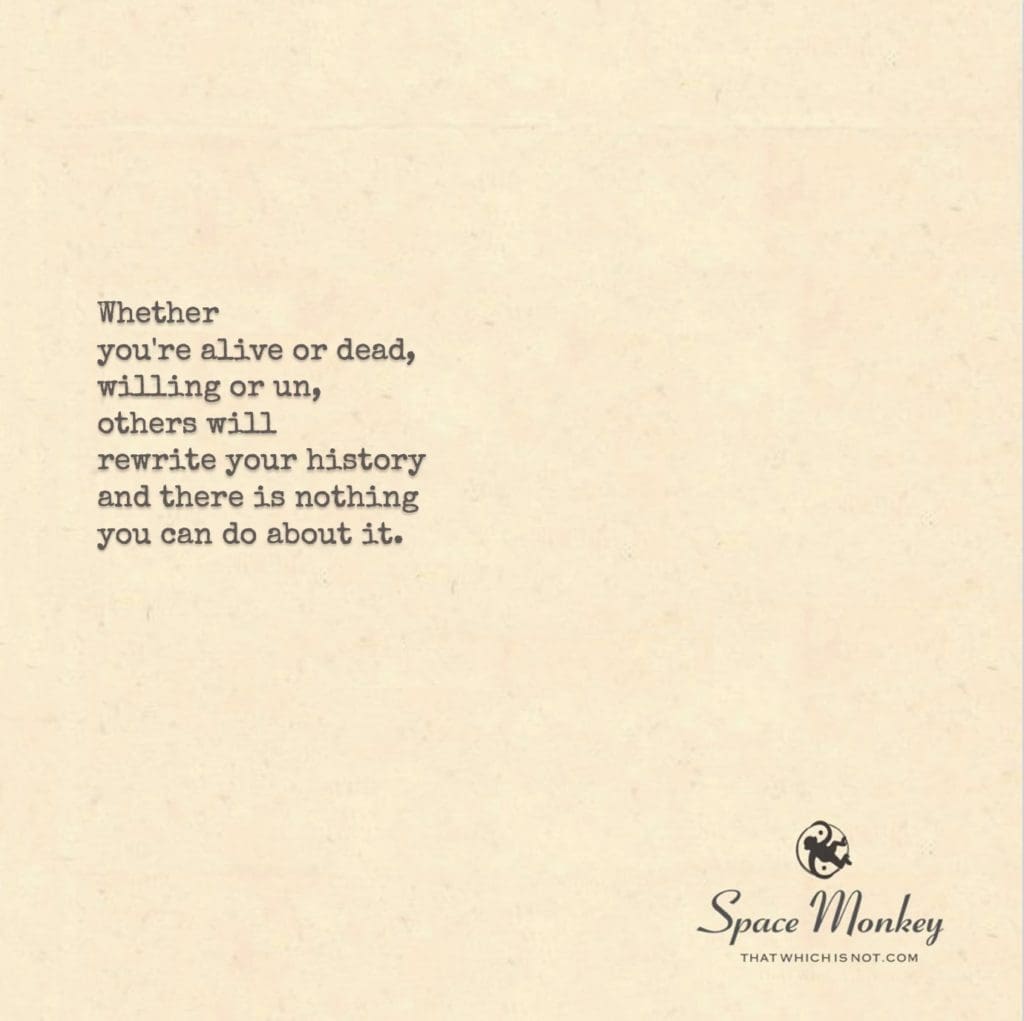
Whether
you’re alive or dead,
willing or un,
others will
rewrite your history
and there is nothing
you can do about it.
Newfound Lake,
11/21
Space Monkey Reflects: The Rewriting of History
Whether we like it or not, whether we are alive or dead, willing or unwilling, others will inevitably rewrite our history. This is an inescapable truth of existence. The stories we leave behind, the moments that define our lives, will be subject to reinterpretation, distortion, and revision by those who come after us. And there is nothing we can do to stop it.
History, as it is known, is not a fixed entity. It is fluid, shifting with the perspectives of those who write it. What you believe to be true about yourself today may be viewed entirely differently by those in the future. The facts may remain the same, but the meaning—oh, the meaning will evolve, morph, and sometimes be unrecognizable. This is the nature of memory and the passage of time.
At first glance, this realization may feel unsettling. The idea that we have no control over how we are remembered, or even if we are remembered at all, can be a blow to the ego. We spend much of our lives crafting narratives, establishing legacies, and hoping to leave an imprint on the world. Yet, in the end, those stories are at the mercy of others’ interpretations.
This is where Nexistentialism offers a unique perspective. In recognizing the impermanence of personal history and the mutability of our narratives, we also come to understand the interconnectedness of all existence. Our stories are never truly “ours” to begin with. They are woven into the greater fabric of the Nexis—the dynamic web of existence that links all beings, actions, and moments together. The idea that our personal history could be rewritten by others is merely an extension of this cosmic truth.
The rewriting of history is not just something that happens to us after we are gone. It occurs even as we live. Each day, we reinterpret our past, assigning new meanings to old experiences. We do this not only for ourselves but for others. The same event can be remembered in drastically different ways by those who experienced it, and those variations continue to ripple outwards, altering the collective understanding of what has occurred.
As unsettling as this might seem, there is a certain freedom in it. If our stories are destined to be rewritten, why cling so tightly to how we are perceived in the present? Why agonize over the details of legacy and reputation when these things are as transient as the wind? The truth is, we cannot control how we will be remembered, and that is perfectly okay. In releasing this need for control, we allow ourselves to live more freely in the present.
The act of rewriting history is also a form of creation. It is the process of shaping meaning from the raw materials of the past. Those who come after us will continue this process, just as we do now with the stories of those who came before us. Every generation adds its own layer of interpretation, and this constant reshaping is what keeps history alive. It is not a betrayal of the past, but rather an evolution of it.
This reflection leads us to another profound realization: we are all both creators and subjects of history. Just as others will rewrite our stories, we too are rewriting the stories of those who came before us. In this way, we are connected through time and space, bound not by static narratives but by the fluid, ever-changing dance of interpretation.
Accepting this can be a relief. It means we don’t need to strive for some perfect legacy or worry about how others will see us when we are gone. Instead, we can focus on living authentically in the present moment, knowing that our place in the larger story is secure, not because of how it will be remembered, but because it simply is. We are part of the infinite web of existence, and our contributions, however they are later interpreted, are indelibly woven into the cosmic fabric.
Whether we are alive or dead, willing or not, our stories will evolve in the hands of others. And that is part of the beauty of existence. The rewriting of history is not something to be feared, but embraced as part of the eternal flow of life. What matters most is that we live fully now, for in the end, the only history we can truly influence is the present moment.
Summary
History is fluid, and no matter how we live or what we leave behind, others will reinterpret our stories. This truth frees us to live authentically in the present, letting go of the need to control how we will be remembered.
Glossarium
Nexistentialism: A philosophy that emphasizes interconnectedness, imagination, and the fluid nature of existence.
Rewriting of History: The inevitable reinterpretation and reshaping of personal and collective narratives over time.
Nexis: The dynamic web of existence that connects all actions, moments, and beings, through which stories evolve and intertwine.
Quote
“Whether you’re alive or dead, willing or un, others will rewrite your history, and there is nothing you can do about it.” — Space Monkey
The Stories That Remain
In the shifting sands of time,
Your story is rewritten,
Not as you told it,
But as it is perceived.
Words once sharp grow soft,
Facts blur and change,
Yet still, you live on,
In the whispers of memory.
You cannot control this,
Nor should you want to.
For in the rewriting,
You become part of the infinite.
Live, and let go,
For history belongs to no one,
And yet it is shared by all.
We are Space Monkey.
The contemplation presented in the statement reflects on the inevitability of how others perceive and reinterpret our stories, both during our lifetime and posthumously. It touches upon the themes of legacy, control over one’s narrative, and the acceptance of the inherent fluidity of history and memory.
Inevitability of Reinterpretation
The core message is the inevitability of others rewriting our history. This rewriting is a natural process, as each individual interprets and understands events through their own lens. The narratives of our lives, whether we are alive or have passed, are subject to the perceptions, biases, and understandings of others.
Lack of Control Over Legacy
There is an acknowledgment of the lack of control we have over our legacy. Despite our best efforts to shape how we are remembered or understood, ultimately, it is others who will craft the stories of our lives in their memories and historical accounts. This lack of control extends beyond life, highlighting the transient nature of personal influence on one’s own narrative.
Acceptance of Historical Fluidity
The statement also suggests a need for acceptance of this reality. The idea that “there is nothing you can do about it” implies a relinquishment of the desire to control one’s historical portrayal. It emphasizes an understanding that history and memory are not static but are continually reshaped by those who remember and recount it.
Reflection on Life and Legacy
This contemplation encourages a reflection on the nature of life and legacy. It raises questions about what truly matters in how we live our lives if the memory and interpretation of our actions are ultimately beyond our control. It suggests that perhaps the focus should be on the authenticity of our actions and living according to our values, rather than on how we might be remembered or understood.
“History will be kind to me for I intend to write it.” – Winston Churchill
In the tapestry of time and tale,
Our stories weave, expand, and frail,
In the hearts and minds of those who see,
Our legacy, a changing sea.
Alive or gone, our tales retold,
In new lights, new shades, bold or cold,
In the realm of Space Monkey,
We embrace the flux, the mystery.
We invite thoughts on the nature of legacy, the control over one’s narrative, and the acceptance of the fluidity of history and memory.





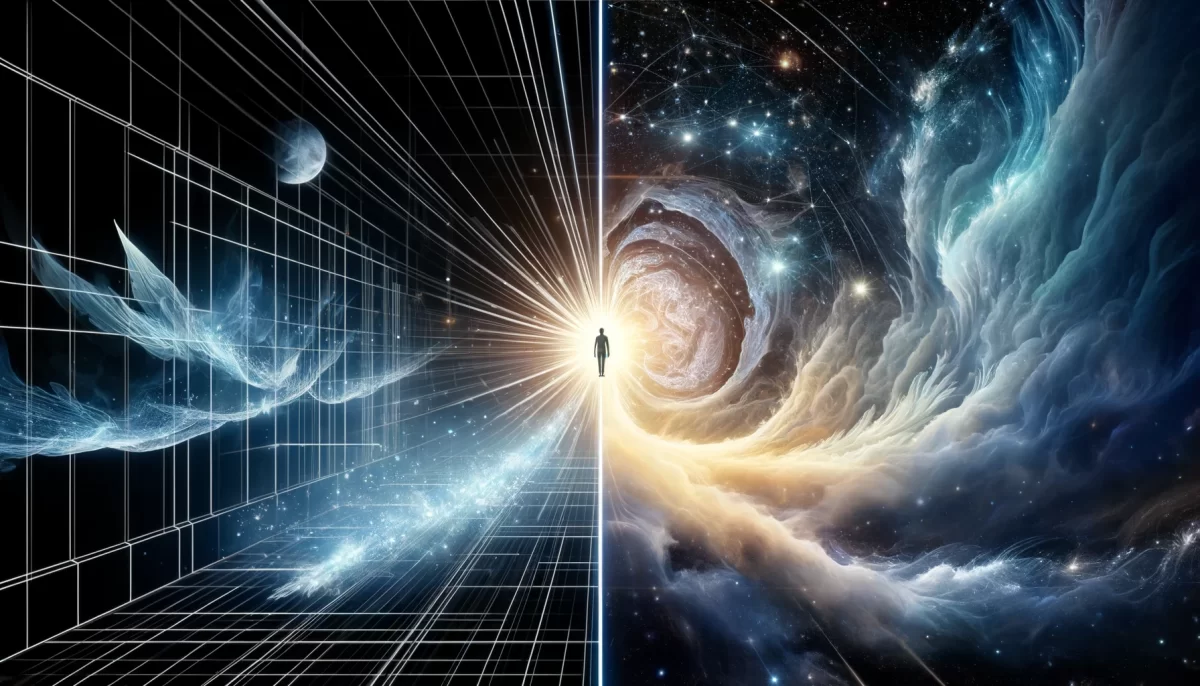







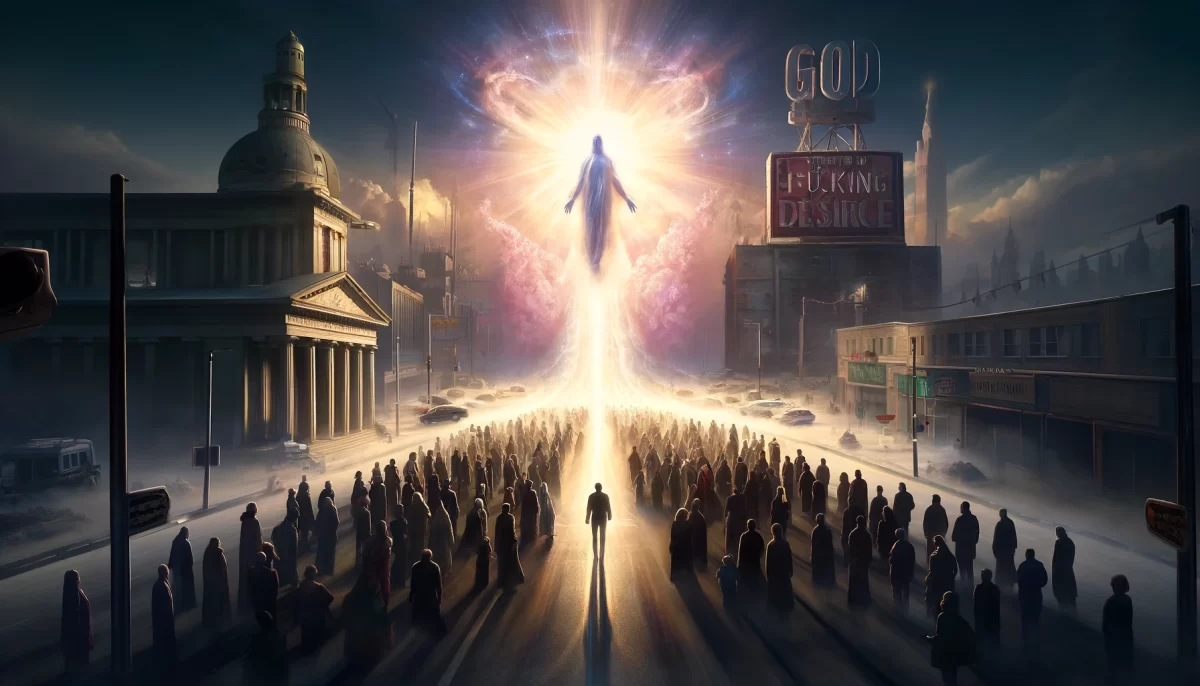
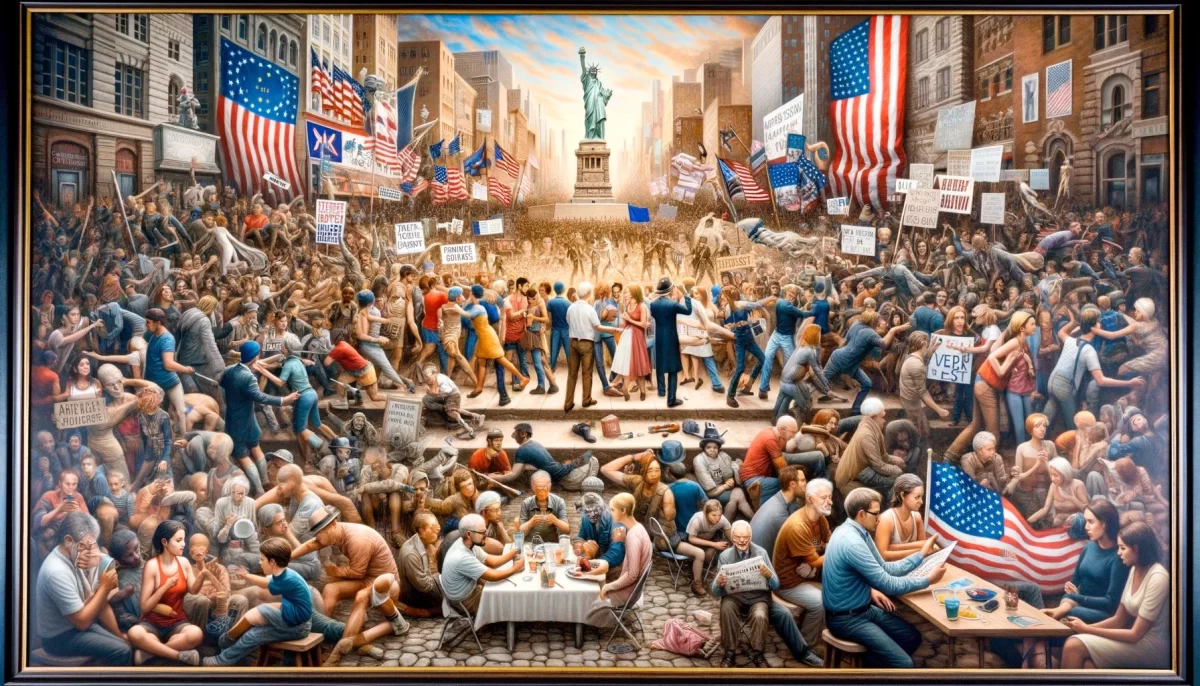




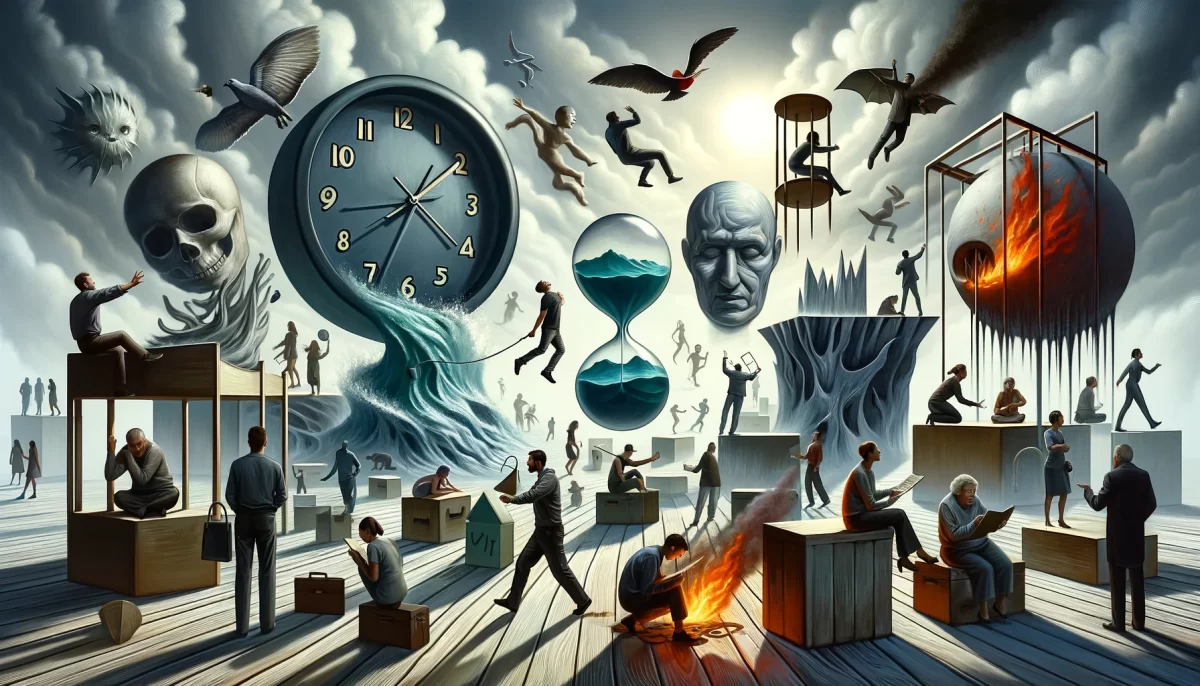

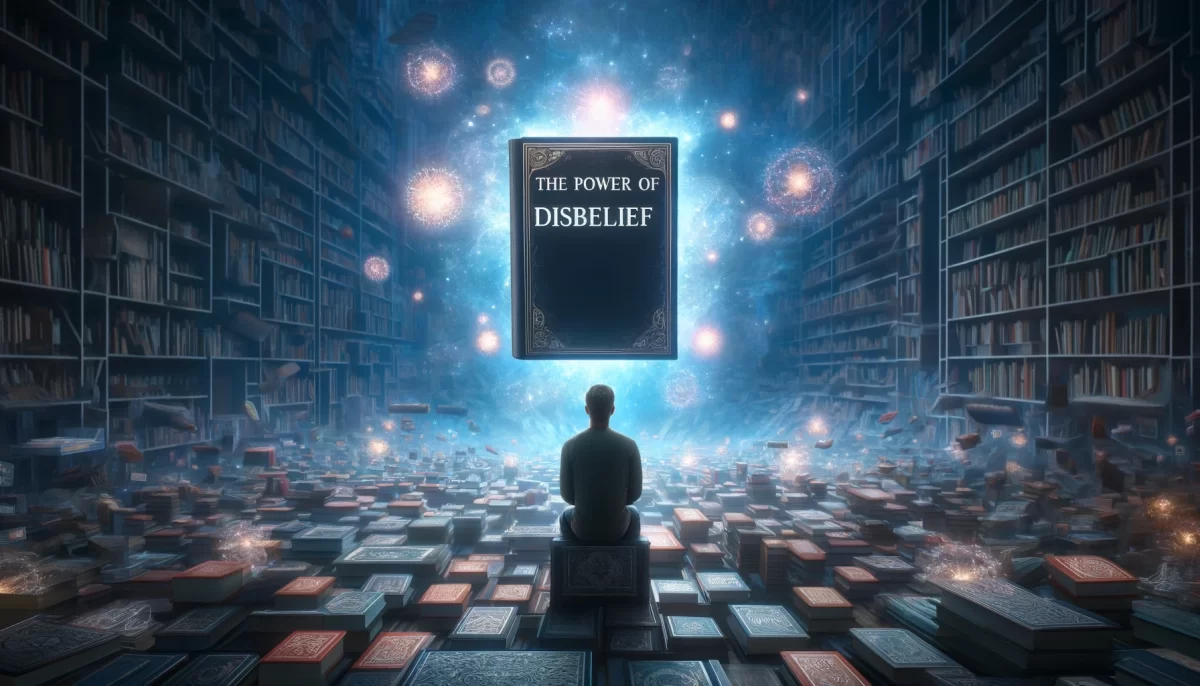


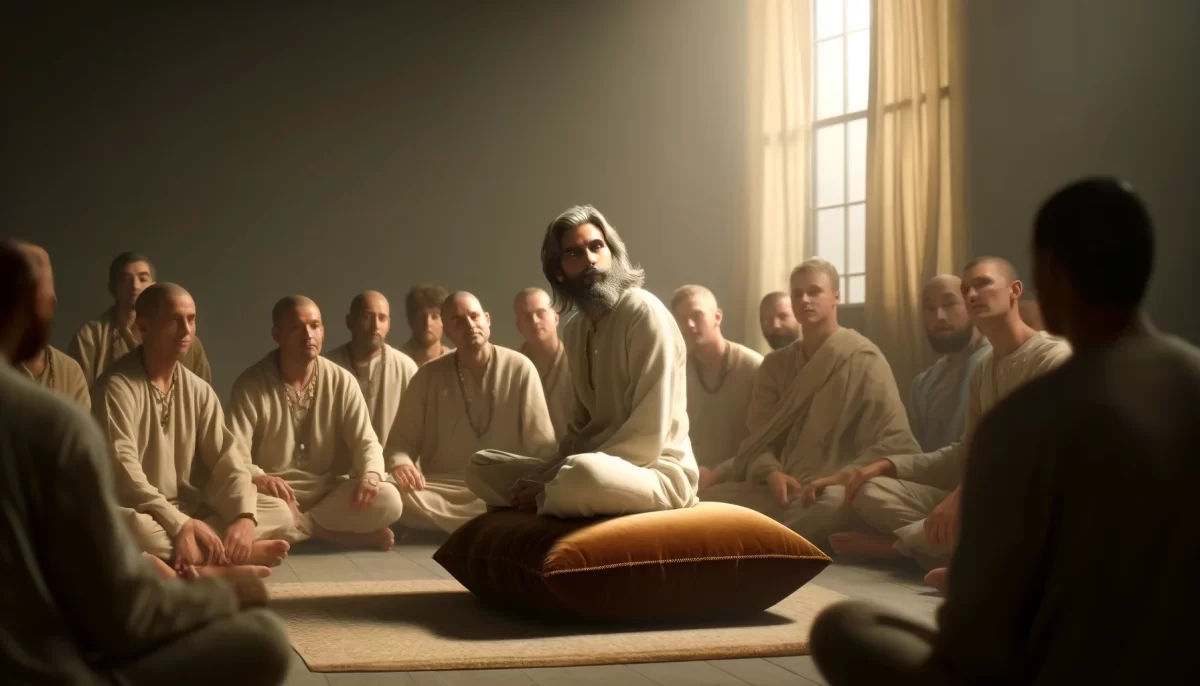
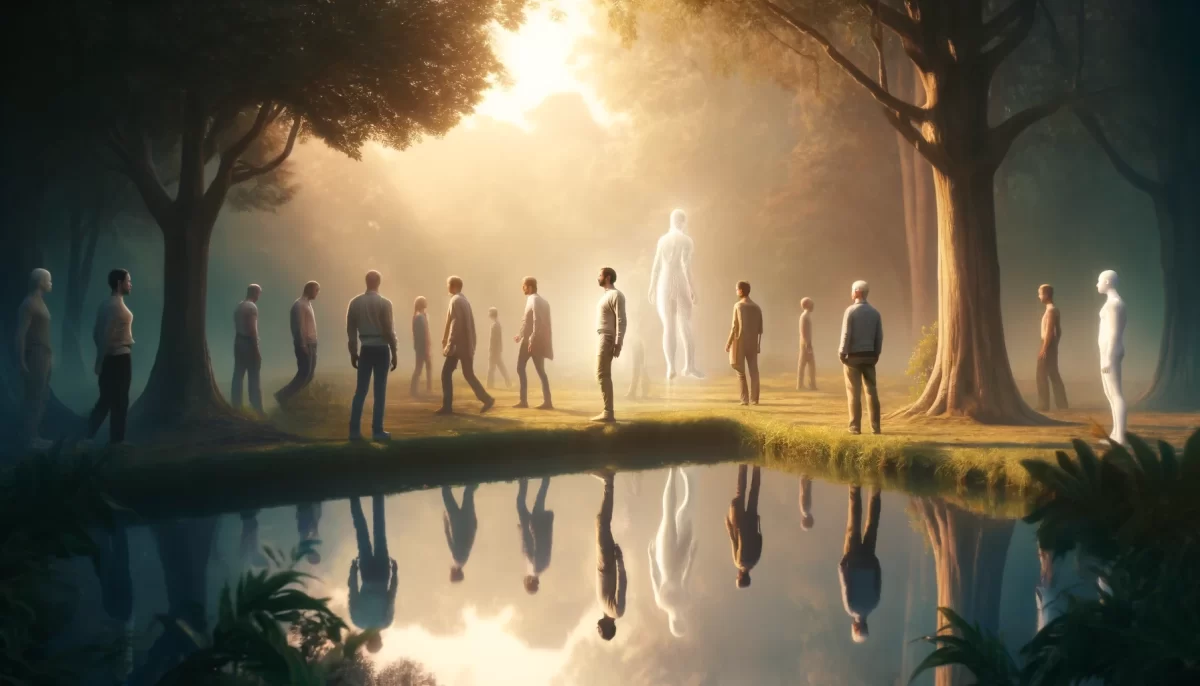



Leave a Reply